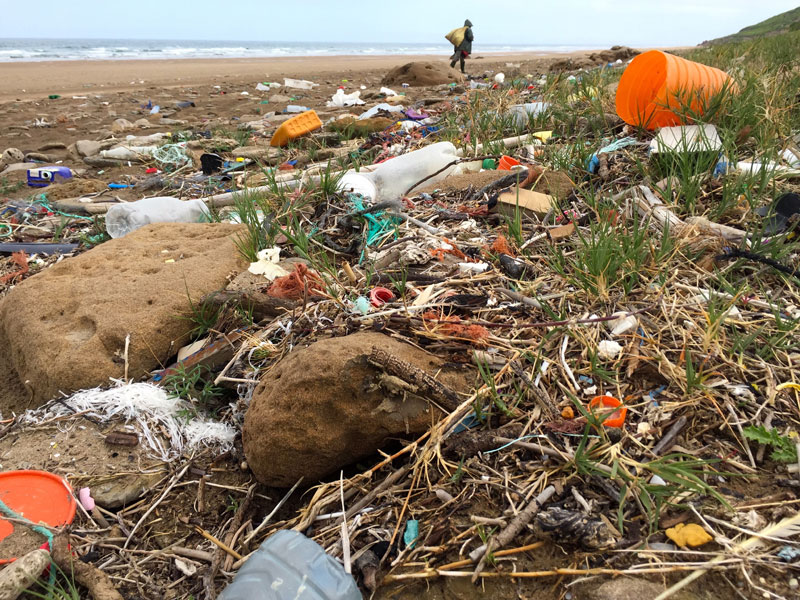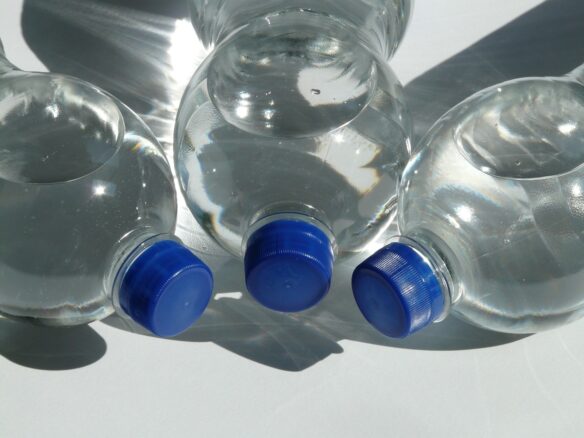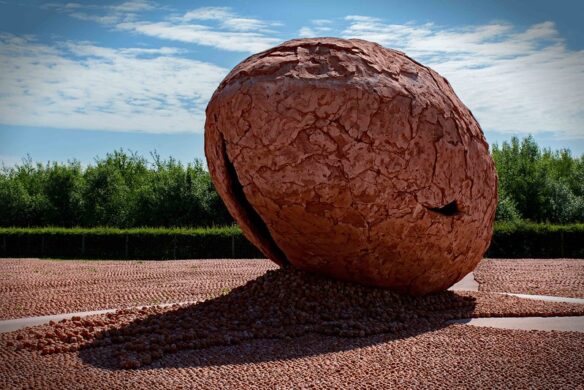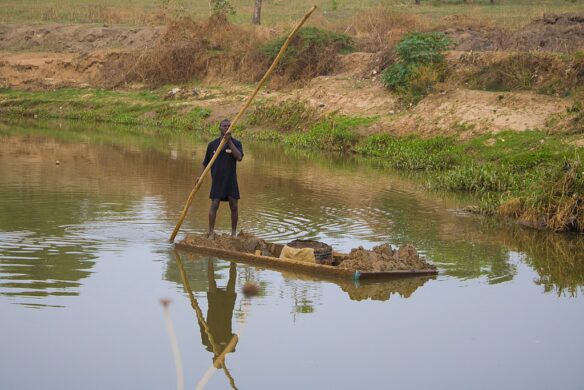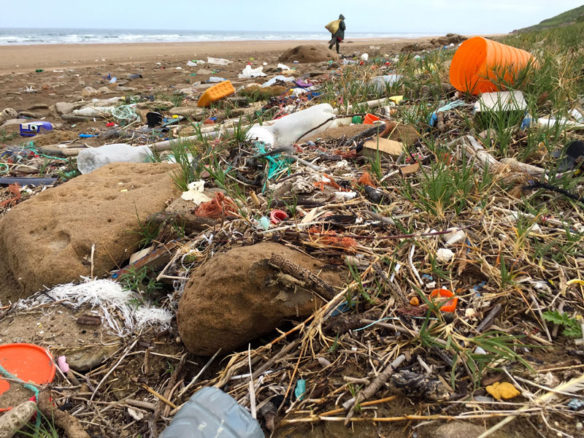
“The unprecedented plastic waste tide plaguing our oceans and shores, can become as limited as our chosen relationship with plastics, which involves a dramatic behavioral change on our part…”
Captions and Photo: © SAF — Coastal Care
Excerpts;
Do these six pain-free things, and you’ll help reduce the impact plastic is having on oceans and other waterways around the world…
Read Full Article; The National Geographic (05-26-2018)
Microplastic pollution in oceans is far worse than feared, say scientists; Guardian UK (03-12-2018)
Microplastics pollute most remote and uncharted areas of the ocean; Guardian UK (02-12-2018)
More than 8. 3 billion tons of plastics made: Most has now been discarded; Science Daily (07-19-2017)
Humans have created 8.3 billion metric tons of plastics since large-scale production of the synthetic materials began in the early 1950s, and most of it now resides in landfills or the natural environment, according to a study.
More plastic than fish in the sea by 2050, Guardian UK (01-19-2016)
One refuse truck’s-worth of plastic is dumped into the sea every minute, and the situation is getting worse, according to a new report launched at the World Economic Forum today. New plastics will consume 20% of all oil production within 35 years, up from an estimated 5% today…
Video captures moment plastic enters food chain, BBC News (03-11-2017)
A scientist has filmed the moment plastic microfibre is ingested by plankton, illustrating how the material is affecting life beneath the waves. The footage shows one way that plastic waste could be entering the marine and global food chain…
Brain damage in fish from plastic nanoparticles in water, Science Daily (09-25-2017)
A new study shows that plastic particles in water may end up inside fish brains. The plastic can cause brain damage, which is the likely cause of behavioral disorders observed in the fish…
Plastics found in stomachs of deepest sea creatures; Guardian UK (11-15-2017)
The study, led by academics at Newcastle University, found animals from trenches across the Pacific Ocean were contaminated with fibres that probably originated from plastic bottles, packaging and synthetic clothes…
The Plastic Found In a Single Turtle’s Stomach, Independent UK (03-24-2011)
90 Percent of Seabirds Have Plastic in Their Stomachs, Newsweek (09-01-2015)
Taste, not appearance, drives corals to eat plastics; Duke University (10-24-2017)
Sea salt around the world is contaminated by plastic, studies show; Guardian UK (09-08-2017)
New studies find microplastics in salt from the US, Europe and China, adding to evidence that plastic pollution is pervasive in the environment…
People may be breathing in microplastics, health expert warns; Guardian UK (05-10-2016)
People could be breathing in microparticles of plastic, according to a leading environmental health expert, with as yet unknown consequences on health…
Plastic pollution: When The Mermaids Cry: The Great Plastic Tide, Coastal Care
Plastic is versatile, lightweight, flexible, moisture resistant, strong, and relatively inexpensive. Those are the attractive qualities that lead us, around the world, to such a voracious appetite and over-consumption of plastic goods. However, durable and very slow to degrade, plastic materials that are used in the production of so many products all, ultimately, become waste with staying power. Our tremendous attraction to plastic, coupled with an undeniable behavioral propensity of increasingly over-consuming, discarding, littering and thus polluting, has become a combination of lethal nature…
Collecting plastic waste near coasts ‘is most effective clean-up method’, Guardian UK (01-19-2016)
Loving the Ocean Starts at Home, National Geographic (09-08-2016)

